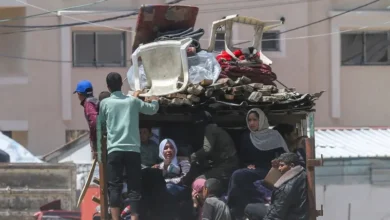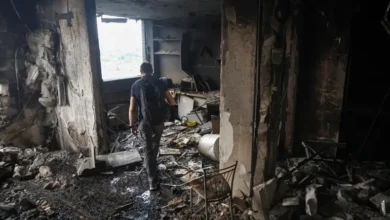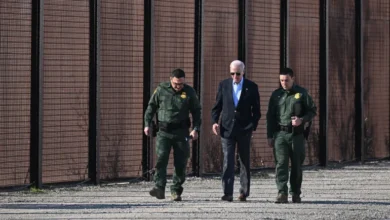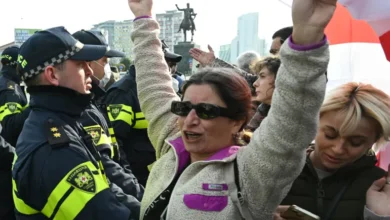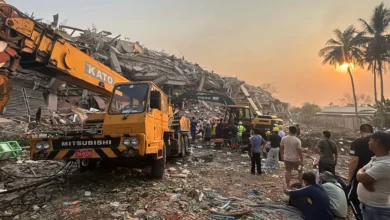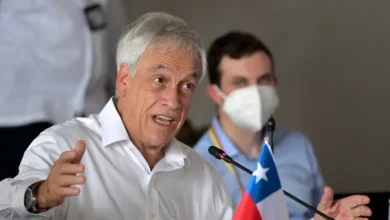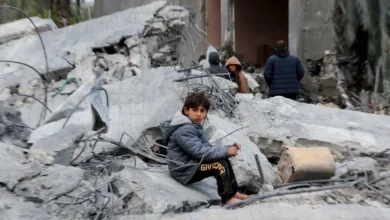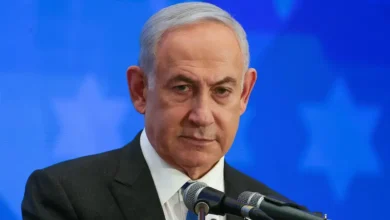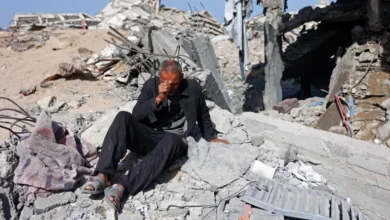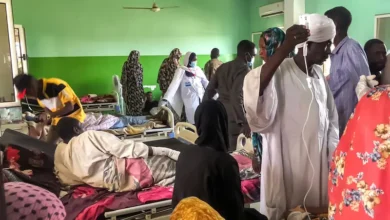Israeli army not ready to face Hezbollah
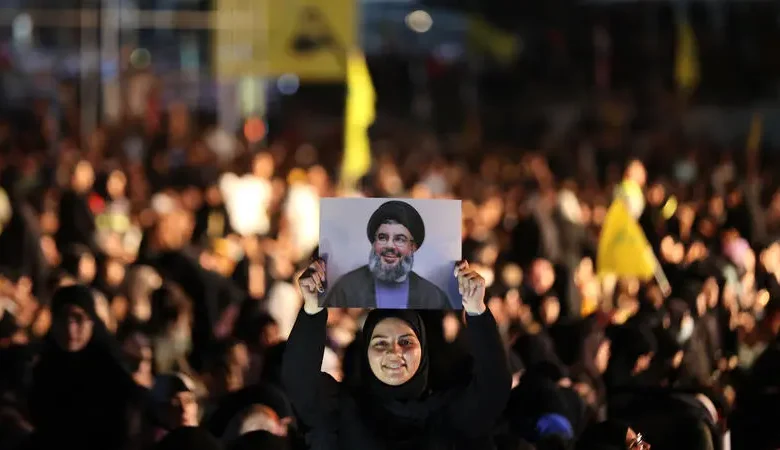
Israeli military officials have expressed concerns over the “tragic” situation inside the Israeli military, saying the Lebanese resistance movement Hezbollah remains Israel’s greatest threat at a time when the occupation army suffers a shrinking reserve system.
An article published by the Jerusalem Post said most Israeli occupation military officials “still emphasize – behind closed doors and sometimes publicly” – that Hezbollah, with its approximately 150,000 rockets and Radwan special forces, poses the greatest threat to the occupation.
The Post quoted an Israeli occupation commander introduced as Maj. O. as saying “Hezbollah is on the fence, so we get ready for everything. It is very real.”
“Any unpredictable hit in the ‘war between the wars’ campaign [with Syria] could lead to a giant Lebanon conflict,” Maj. O noted.
“Hezbollah soldiers gained experience in Syria. They are more independent operators, have heavier firepower, use lookouts, battle formations,” he added.
Elaborating on what he called the current Hezbollah threats, he said, “We know they are here, the Radwan commandos, and if there are rockets, there is no time to evacuate to a bomb shelter,” because the town of Metulla is so close to Lebanon.
He said that Hezbollah started building new positions a few months ago, which they are using as lookouts, adding, “There is a feeling that they are coming back,” in terms of actively patrolling the Lebanon border and studying Israeli military activities there.
On Sunday, the Hezbollah resistance movement released a video conveying a direct message to the Israeli occupation.
The video simulates a scenario in which the resistance fighters cross into the occupied Palestinian territories, depicting how the fighters succeeded in infiltrating the occupied territories, where confrontations with Israeli occupation soldiers break out.
Israel launched two wars against Lebanon in the 2000s. In both cases, it was forced to retreat after suffering a humiliating defeat at the hands of Hezbollah. Also, Israel violates Lebanon’s airspace on an almost daily basis, claiming the flights serve surveillance purposes.
‘Kochavi would only cause severe damage to ground forces’
On a related note, a senior military official censured the outgoing occupation forces Chief of Staff, Aviv Kochavi, and his plan to transform the Israeli occupation forces into a so-called “deadly, effective and innovative army,” saying that Kochavi would only cause “severe damage to the ground forces, number of forces, and the army reserves.”
According to Israeli media reports, the military official pointed out that the occupation forces currently have the minimum number of forces while facing more “complex threats.”
He added that Israel may face a heavy battle accompanied by internal challenges that may make every fighter suffer due to prevailing weaknesses.
The officer criticized Kochavi for an attack carried out by the Air Force in Syria, adding, “Doesn’t the enemy know we attacked the eighth truck? They (Israeli Occupation Forces) decided to maintain ambiguity regarding the important attacks in Syria. We are heroes there, but in Lebanon, they quietly manufacture and build precision missiles and long-range missiles, and we fail to respond.”
He said that Hezbollah’s possession of accurate missiles will force a different outcome during the war, highlighting “the importance of having additional reserve forces, as it is an illusion to believe that the war will end in a quick victory.”
Israel frequently targets military positions inside Syria, especially those of Hezbollah which has played a key role in helping the Syrian army in its fight against foreign-backed terrorists by the request of the Syrian government. Meanwhile, Israel has been one of the main supporters of terrorist groups that oppose the government of President Bashar al-Assad since the foreign-backed militancy erupted in Syria.
The Israeli commander also expressed his concerns over the future and the coherence of the shrinking reserve system, pointing to “the demobilization of tens of thousands of reservists, the reduction of brigades, gaps in the efficiency of emergency stores, and problems with storing spare parts.”
He also criticized military officials for “transferring the entire budget to fund advanced technologies instead of keeping dozens of tanks and rehabilitating them.”
Following the officer’s statements, Isaac Brick, Israeli occupation forces reserve general, admitted that after speaking with senior officers in service, division commanders, and colonels, he was confident enough to say that the situation is tragic and the army is not ready for war.
“The emergency stores are not ready, the exercises have been stopped, and the battalions have not been training for years. There is a lack of training and education on weapons.”
He added, “Technology alone is not enough to win wars, but an imaginary reality was created by the supreme command and the army’s spokesperson.”
Brick pointed out that “in recent years, soldiers have begun to lose motivation and fighting spirit, while many of them are not ready to go to combat service because the army is not ready for war.”
“A survey was conducted regarding the extent of opposition in the (occupation) army which showed that the reserve army has lost confidence in the supreme command “, Brick said, adding that “Kochavi handed Herzi Halevy an army that suffers from terrible problems.” He warned that if Halevy does not improve the situation, the occupation will face a deep gap.
